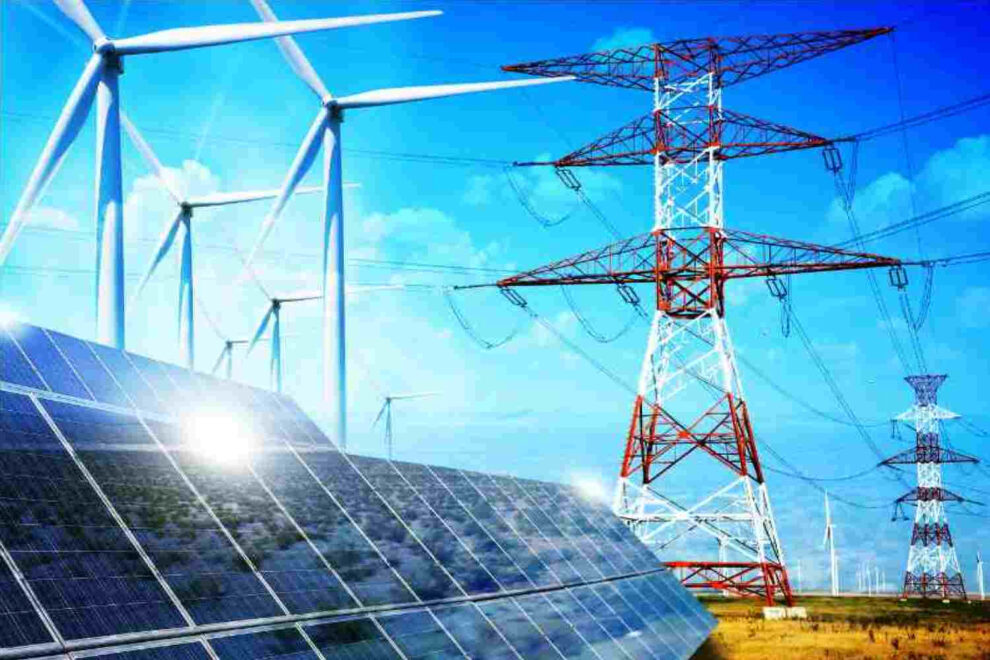North Africa and the Middle East have made tremendous progress in renewable energy development over the past few decades, with significant investments being made to transition from a reliance on fossil fuels to more sustainable alternatives.
However, the living conditions of over 70% of the population are somehow jeopardized by the impact of climate change, from potential disruption of infrastructure (roads, schools, hospitals) to a significantly weakened agricultural sector.
It goes without saying that such a status quo has no borders or limitations. Therefore, now more than ever, it is absolutely crucial to strengthen cross-border and international cooperation.
Such an approach is essential for finding solutions to better manage joint efforts against climate change, without overshadowing the distinct realities of the MENA region. From full-fledged regional flagships of the energy transitions – such as Morocco, able to generate over 34% of renewable energy – to countries which, despite an incalculable potential (Libya, Algeria and others), are proceeding at a slower pace.
No country, however, is an island: it is with stronger local integration and synergy that the added value of renewable energy solutions can go further than the places where they originated. These solutions, as outlined in several RES4MED reports, can take the shape of a stronger policy integration, cooperation between countries, uniformity of national grid codes to guarantee the reliability and accessibility of future electrical grids, more integrated national and regional markets, and transnational corporate Power Purchase Agreements.
These ambitious results are at the end of an engaging and intense path, which is articulated in two major branches: the exchange of best practices and technologies, and the empowerment of affected communities. One bright example is Powering North Africa’s and Eastern Mediterranean Sustainable Development, a high-level training organized by RES4Africa with the support of the Italian Ministry of Foreign Affairs and International Cooperation, the National School of Administration (SNA) of the Italian Presidency of the Council of Ministers, and in collaboration with the University of Naples Federico II. During the training, 34 managers and institutional representatives from Libya, Lebanon, Morocco, Algeria, Tunisia, and Egypt experienced an unprecedented occasion to create networks and exchange knowledge, with such space being particularly relevant due to the current situation of some of the involved countries.
As international actors continue to join forces to address climate change at a global scale, it is incumbent for MENA countries to progress on an already virtuous path, developing more integrated local and regional initiatives, that recognize and celebrate the distinct realities of the region, while preserving and nurturing a holistic and collaborative approach towards the energy transition.
Source : Energi Capital & Power
















